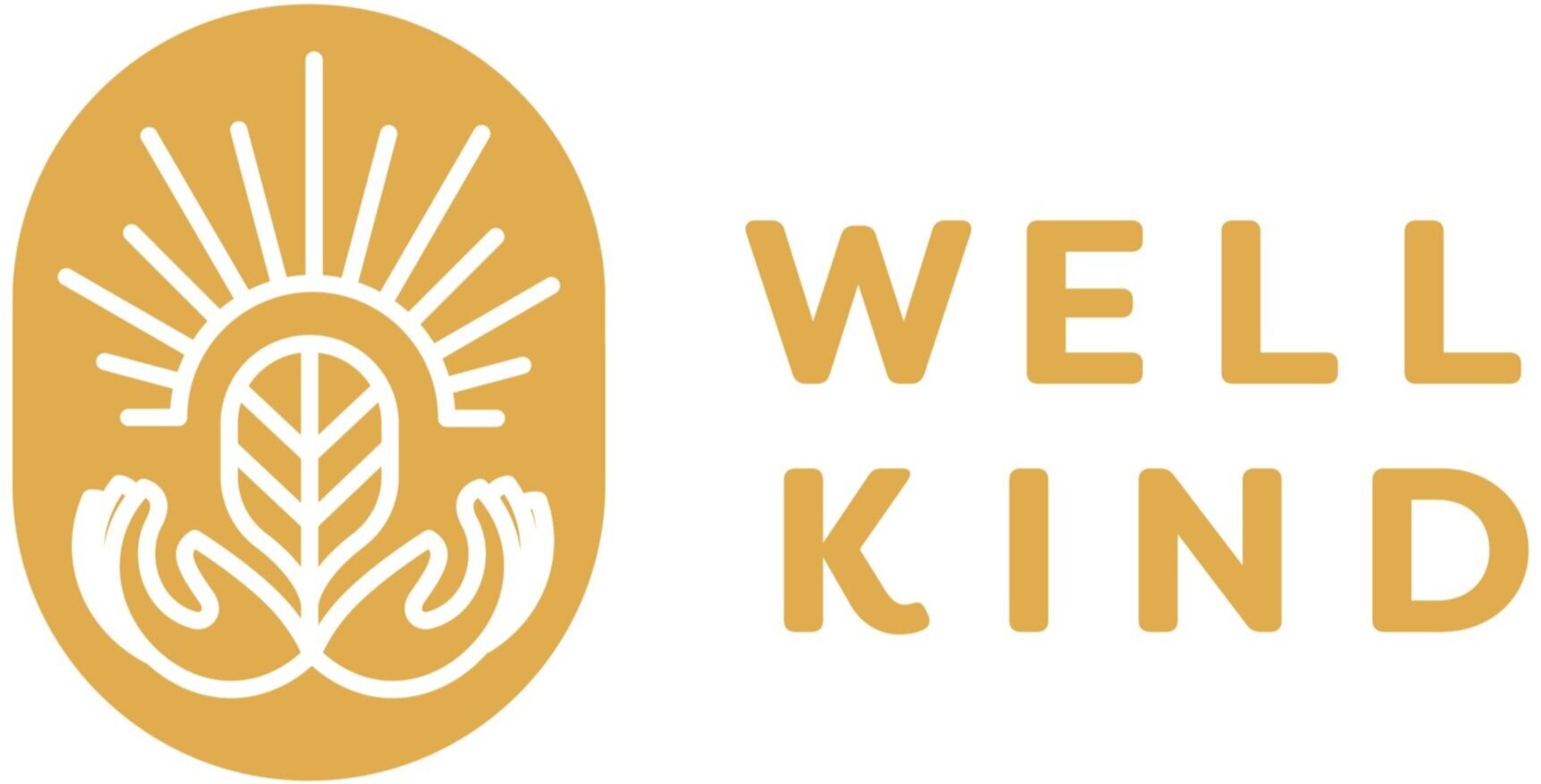A Journey to Tikal: Connecting the Past with Our Environmental Mission
At WellKind Guatemala, our mission is rooted in the heart of our indigenous heritage. As an organization that works to plant trees and educate communities about the importance of environmental stewardship, we deeply understand how the past can shape our future. Recently, our team of eight indigenous staff members had the incredible opportunity to travel from the serene waters of Lake Atitlán to the dense jungles of Petén in northern Guatemala. Here, we visited the awe-inspiring ruins of Tikal, a UNESCO World Heritage site, and experienced firsthand the profound connection between our work and the lessons of ancient Mayan civilization.
For most of our team, this was not just a physical journey—it was a cultural and emotional one. Almost 90% of our staff had never been on a plane before, nor had they traveled so far from home. As we made our way through the lush jungle to the ancient temples, we were struck by the weight of history surrounding us. Tikal, once a thriving center of the Mayan civilization, now stands as a silent reminder of both human ingenuity and the consequences of environmental mismanagement.
Our guide, Miguel, shared with us the haunting story of the collapse of the Mayan civilization during the Post Classic Period. At its height, the Mayans, who built monumental cities and temples, engaged in large-scale deforestation to feed their growing population and create space for their magnificent buildings. They cleared vast swathes of land for agriculture, but in doing so, they disrupted the region’s delicate ecosystem. The result was catastrophic: the once-thriving agricultural society collapsed as the region experienced severe droughts, and the essential rains that nourished their crops stopped coming. The Mayans’ inability to balance their growth with the environment led to the eventual overthrow of the ruling class, and the once-vibrant cities were abandoned. The people retreated to the highlands in search of survival, away from the environmental degradation they had caused.
For our team, this was not just a historical lesson—it was a stark realization of the importance of the work we do today. In the highlands of Guatemala, we are actively planting trees, restoring ecosystems, and educating communities about sustainable practices. We are reminded that the lessons of the past are not merely historical—they are living lessons that guide our actions today. The collapse of the Mayan civilization due to environmental neglect serves as a powerful reminder of the importance of environmental stewardship and sustainability.
This experience in Tikal reinforced our commitment to the work we do at WellKind Guatemala. We are inspired by the resilience of our ancestors who survived and thrived in the highlands, and we are determined to ensure that future generations can continue to live in harmony with the land. As we reflect on this unforgettable journey, we are more inspired than ever to continue our environmental efforts. Planting trees, protecting natural resources, and educating communities about sustainable practices are not just actions—they are a path to securing the future for ourselves and for the generations that will follow. The ruins of Tikal remind us of the fragility of civilization and the urgent need to protect our planet before it's too late.
At WellKind Guatemala, we are not just planting trees. We are planting the seeds of a sustainable future, learning from the past, and creating a better world for tomorrow.




